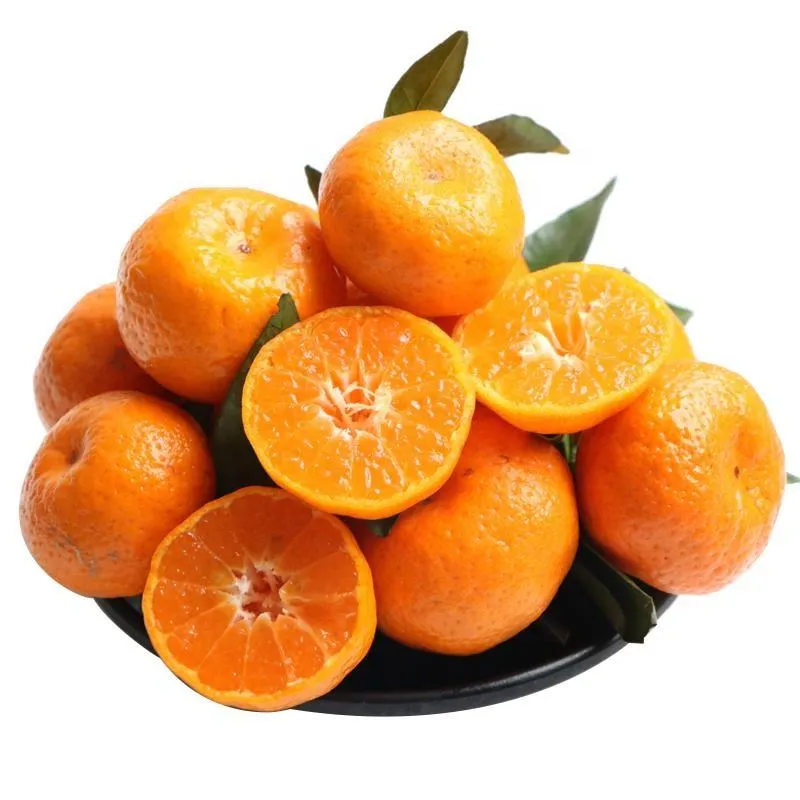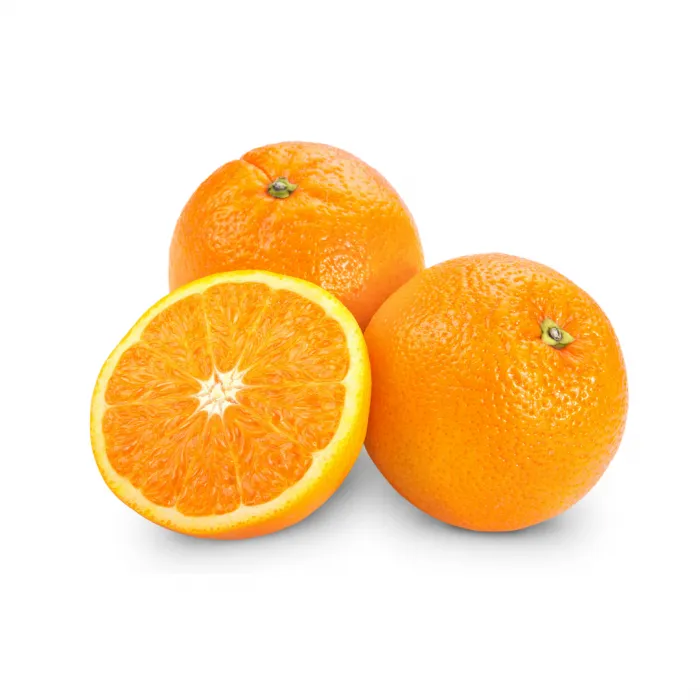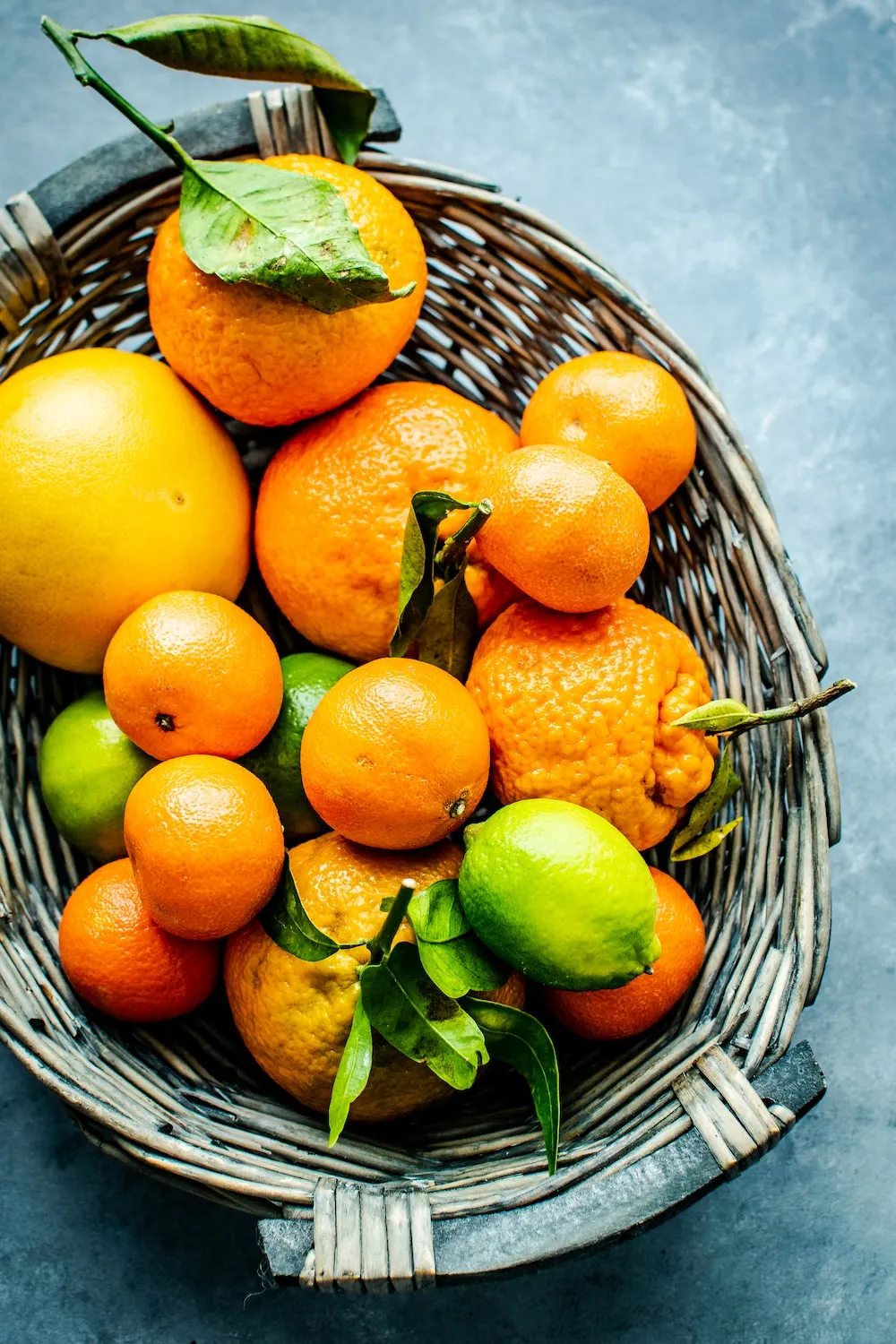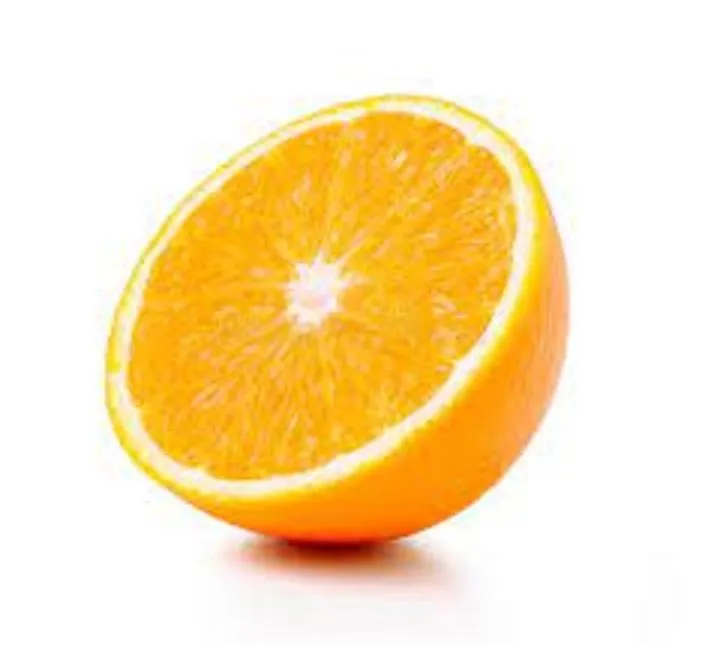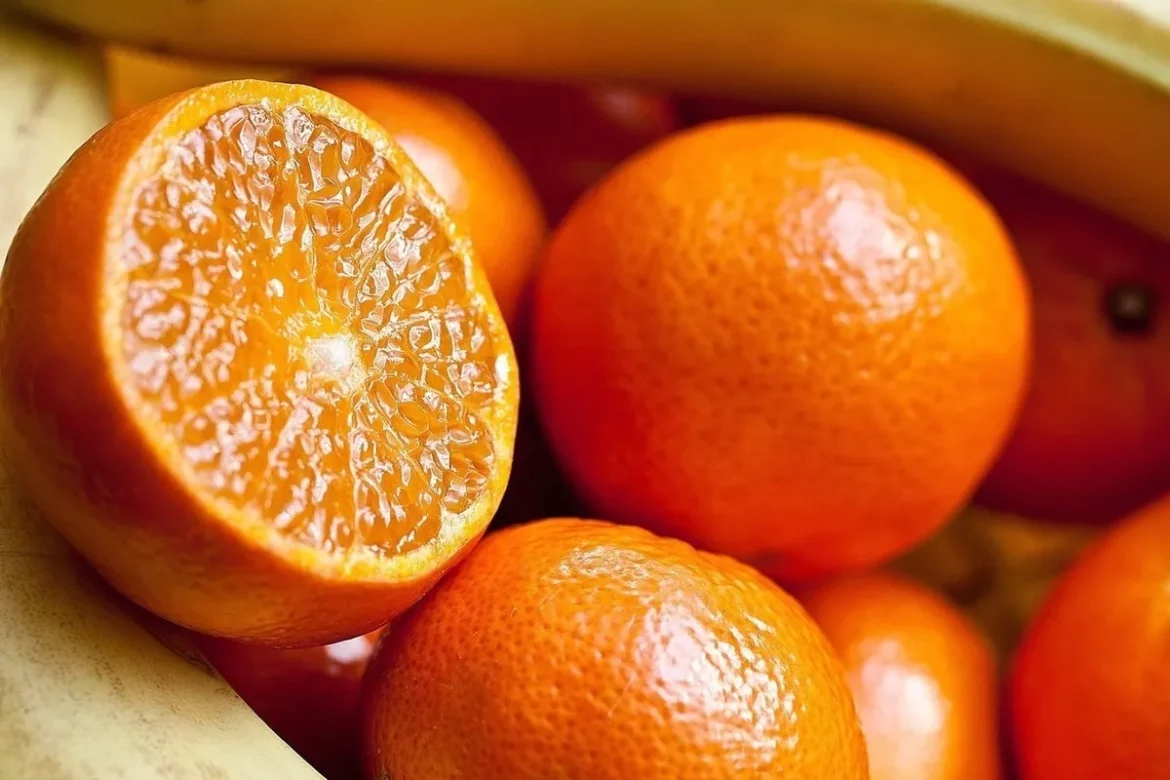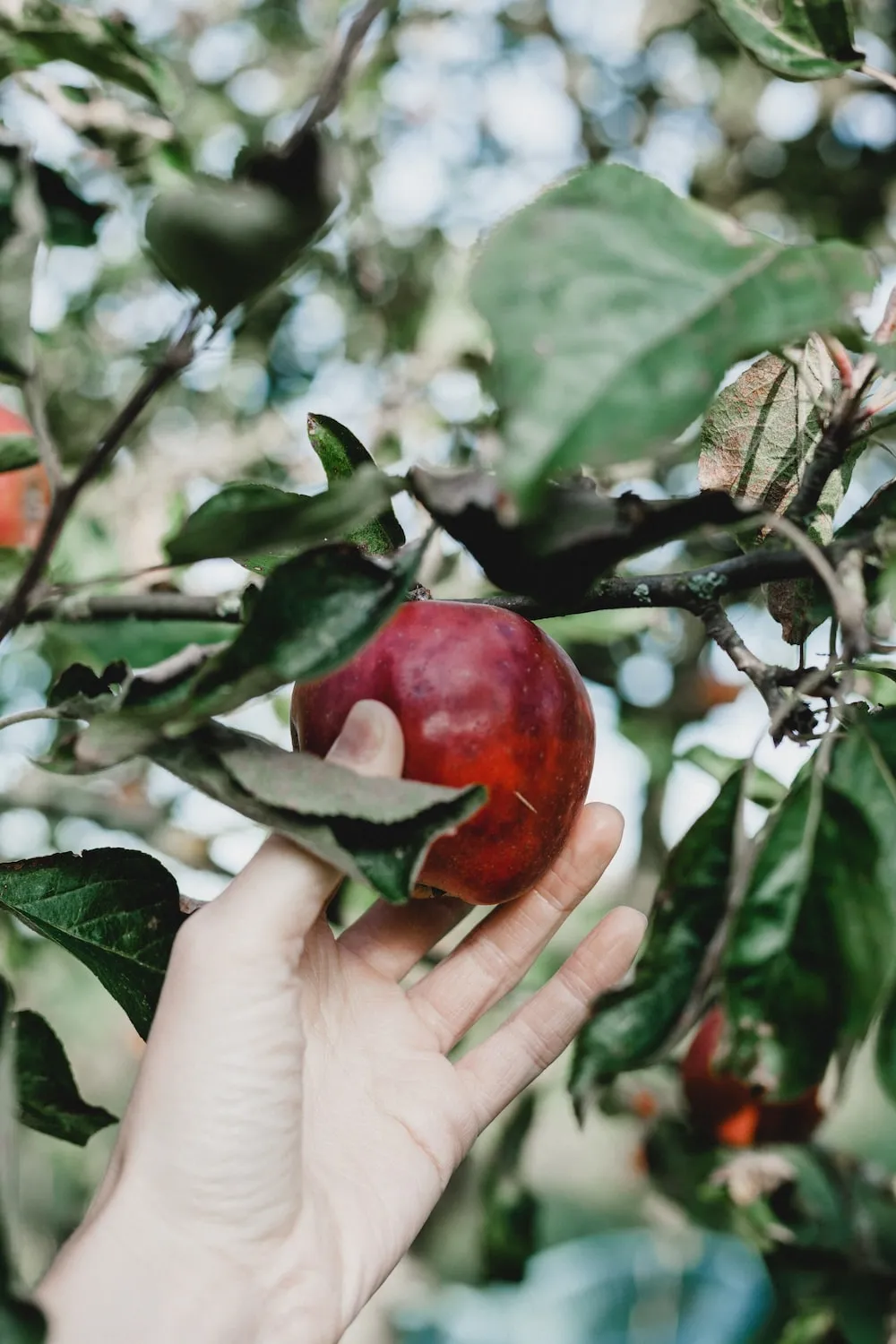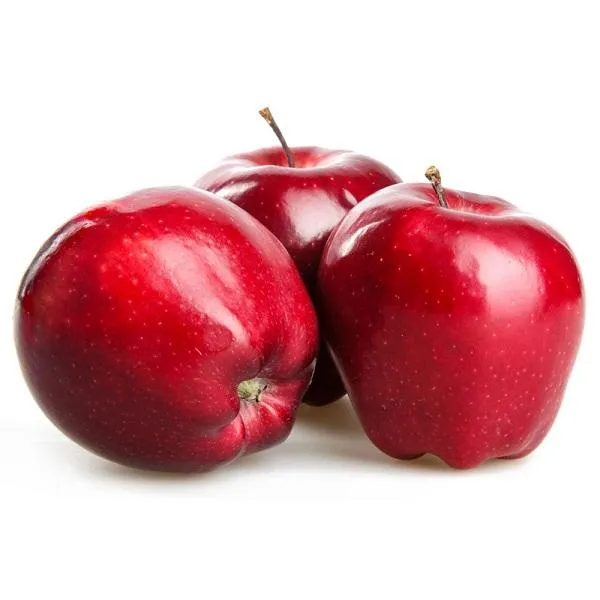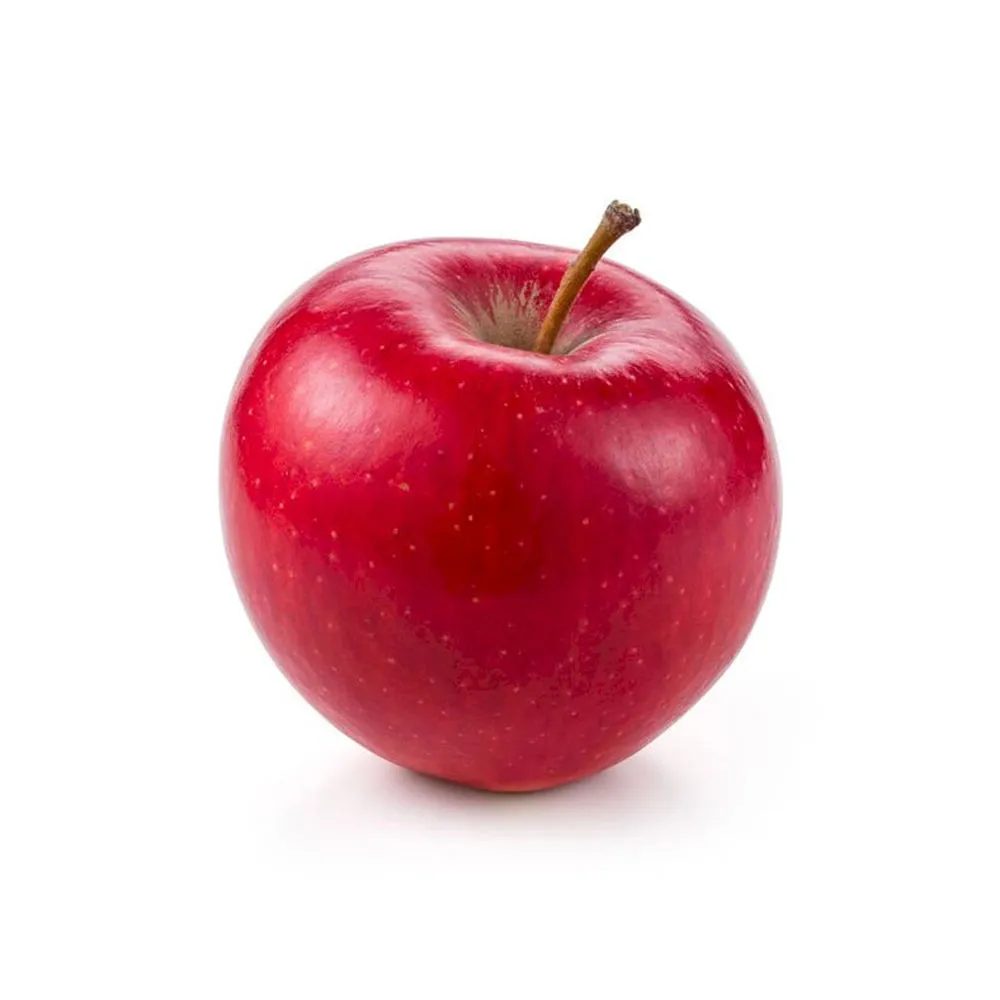When it comes to citrus fruits, there are few that can compare to the refreshing flavors of mandarins and oranges. These vibrant fruits are packed with essential vitamins and minerals, making them popular choices not only for their taste but also for their health benefits. In this article, we will delve into the distinctions between mandarin fruit and oranges, discussing their highest quality, advantages, and disadvantages.
The Highest Quality of Mandarin Fruit vs Orange
Mandarin fruit, also known as mandarin oranges, belongs to the citrus reticulata family. They are typically smaller in size and easy to peel, but what truly sets them apart is their exceptional sweetness and juiciness. The most esteemed variety of mandarins is the Satsuma mandarins, originating from Japan. These small, seedless fruits are known for their intense flavor and vibrant orange color.
On the other hand, oranges, scientifically known as citrus sinensis, are larger compared to mandarins. They have a thicker rind, making them a bit harder to peel. Additionally, oranges have a slight tartness to their taste, which can vary depending on the specific variety. Some popular types of oranges include Valencia, Navel, and Blood oranges.
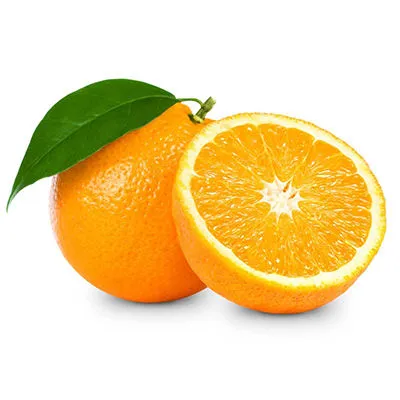
Advantages and Disadvantages of Mandarin Fruit vs Orange
One of the advantageous aspects of mandarins is their ease of consumption. The loose skin of mandarins makes them particularly convenient for on-the-go snacking. Their small size also means they can fit easily into lunchboxes or bags. Additionally, mandarins are generally seedless, making them less bothersome to eat compared to other citrus fruits.
On the other hand, oranges’ thicker skin allows them to have a longer shelf life compared to mandarins. Oranges can be stored in a cool, dry place for several weeks without spoiling. This characteristic makes oranges a more practical option for those who prefer to buy fruits in bulk and consume them over an extended period.
Another distinction between mandarins and oranges lies in their taste. Mandarin fruit is commonly described as having a sweeter and more intense flavor compared to the slightly tangy taste of most oranges. This sweetness, combined with their juicy flesh, makes mandarins an irresistible treat for many fruit enthusiasts.
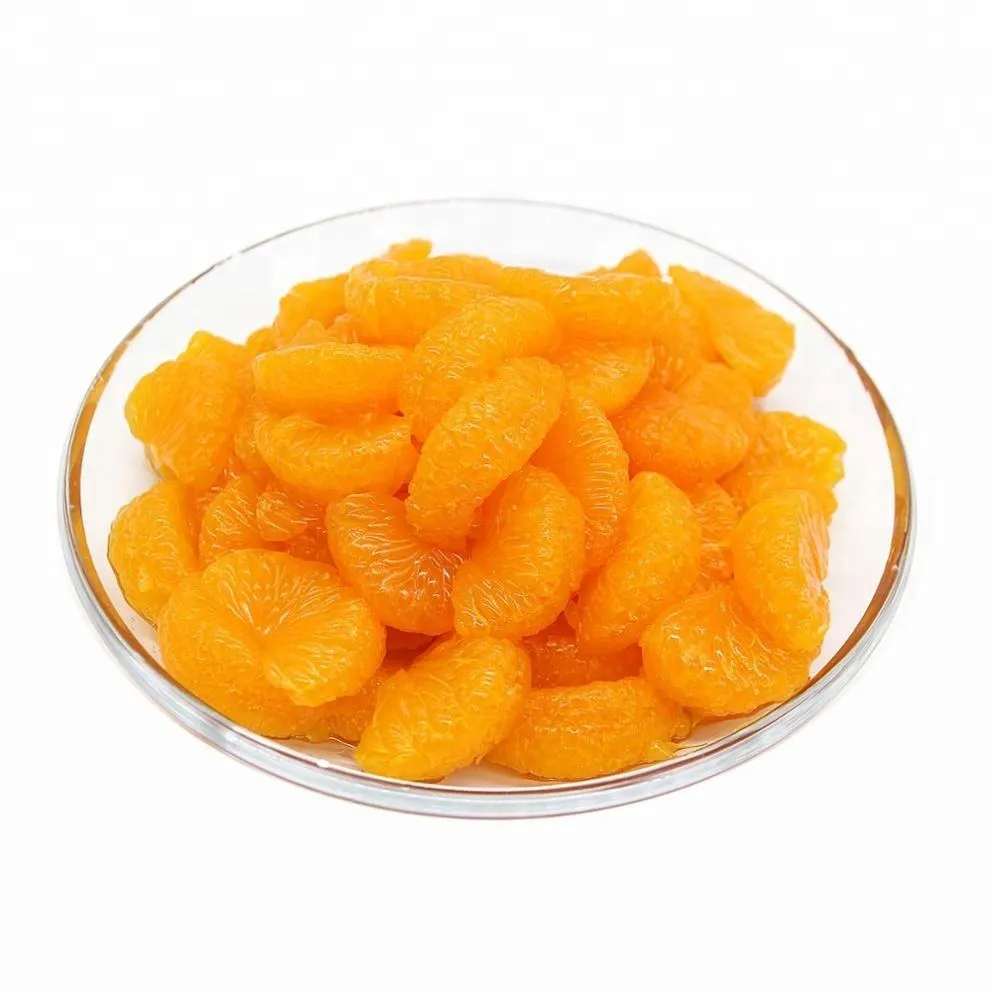
In terms of nutritional value, both mandarins and oranges offer high levels of vitamin C, which strengthens the immune system and aids in collagen production. Mandarins are also rich in vitamin A, which promotes good vision and healthy skin. However, mandarins generally have a lower calorie count compared to oranges, making them a better choice for those who are conscious of their calorie intake.
Moreover, mandarins contain higher levels of certain minerals such as potassium and magnesium, which help maintain a healthy heart and regulate blood pressure. Oranges, on the other hand, are higher in dietary fiber, which aids in digestion and may help lower cholesterol levels.
Despite their many advantages, there are also a few drawbacks to consider when consuming mandarins and oranges. Both fruits contain natural sugars, and individuals with diabetes or those who are watching their sugar intake should consume them in moderation. Additionally, citrus fruits, including mandarins and oranges, may cause acid reflux in some individuals due to their high acidity levels.
In conclusion, mandarin fruit and oranges both offer unique flavors and numerous health benefits. Mandarins are known for their exceptional sweetness and juiciness, while oranges are prized for their longer shelf life and tartness. When it comes to choosing between the two, personal preference plays a significant role. Whether you prefer the intense sweetness of mandarin fruit or the slightly tangy taste of oranges, you can’t go wrong incorporating these citrus fruits into your diet. Remember to enjoy them in moderation to make the most of their nutritional value and stay mindful of any individual dietary concerns.Additionally, both mandarins and oranges are incredibly versatile in their culinary uses. They can be enjoyed as a standalone snack, juiced for refreshing beverages, or added to a variety of dishes. The tanginess of oranges pairs well with savory dishes, such as salads or roasted meats, providing a burst of flavor. Mandarins, with their sweet profile, are often used in desserts like cakes, pies, and fruit salads, adding a delightful touch of freshness.
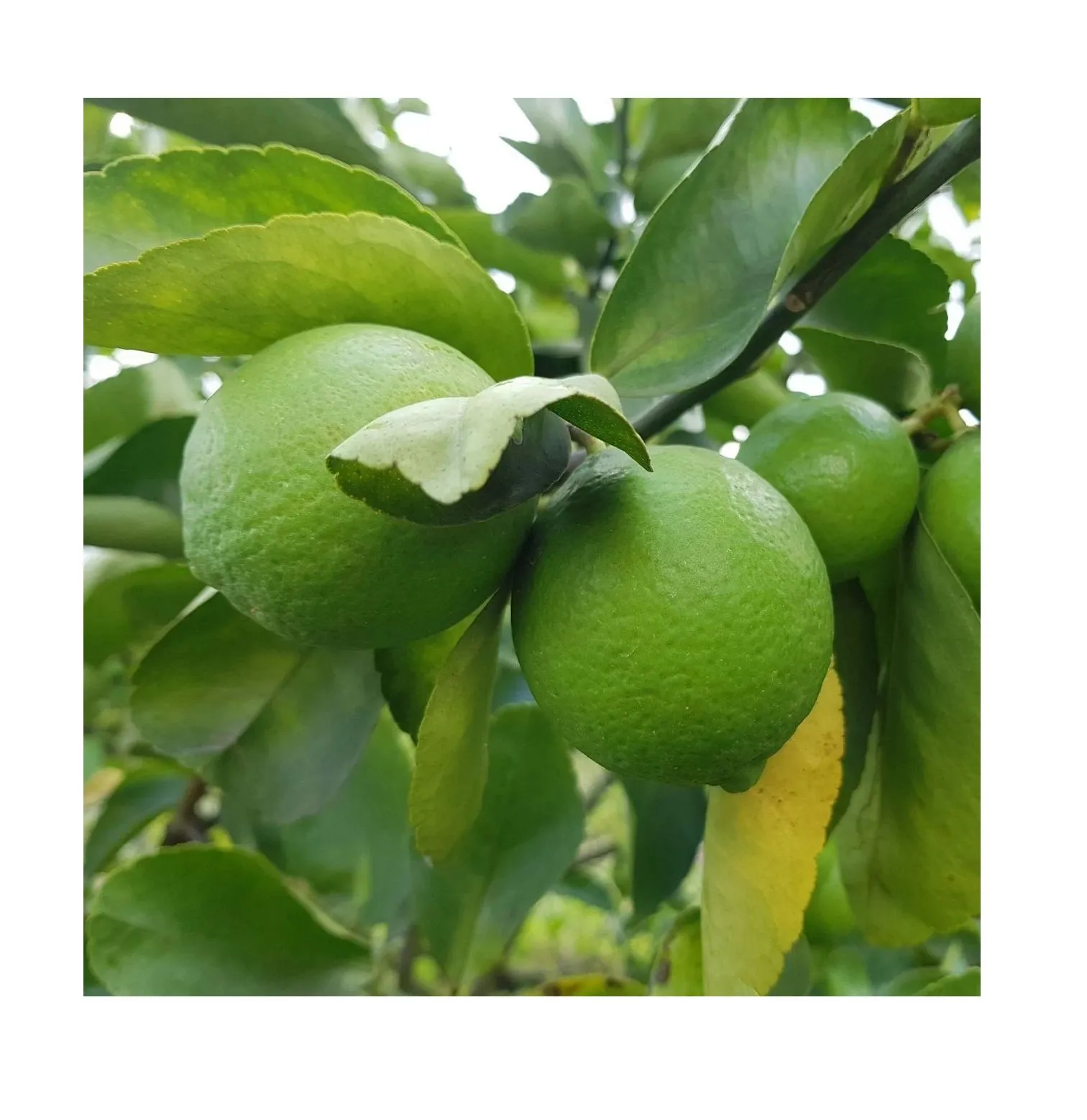
Moreover, both fruits can be used to enhance the nutritional value of meals. The vibrant colors of mandarins and oranges indicate the presence of antioxidants, which help protect the body against harmful free radicals. These antioxidants play a crucial role in maintaining overall health and reducing the risk of chronic diseases.
When it comes to selecting mandarins and oranges, it is essential to choose ones that are ripe and of the highest quality. Look for mandarin fruit or oranges that have a smooth, firm skin and feel heavy for their size. The skin should be brightly colored, indicating that the fruit is ripe. Avoid any signs of blemishes or soft spots, as these can indicate spoilage.
To store mandarins and oranges, keep them at room temperature for a few days to allow them to fully ripen. Once they are ripe, they can be refrigerated to prolong their freshness. However, it is best to consume them within a few weeks to ensure the optimal flavor and texture.
In conclusion, mandarin fruit and oranges may have their differences, but they both offer delicious flavors and impressive health benefits. Whether you prefer the intense sweetness and easy peeling of mandarins or the slightly tart taste and longer shelf life of oranges, incorporating these citrus fruits into your diet can provide a refreshing and nutrient-rich boost. Enjoy them as a snack, in juices, or as a versatile ingredient in a wide range of dishes. The choice between mandarins and oranges ultimately comes down to personal preference, so indulge in whichever citrus fruit brings you the most satisfaction.
